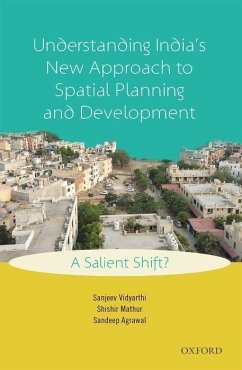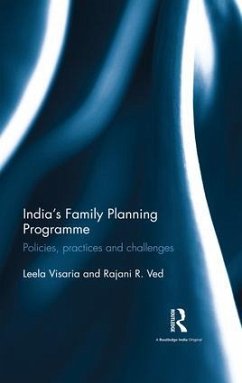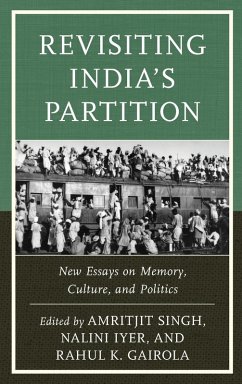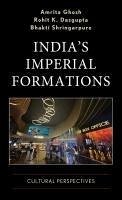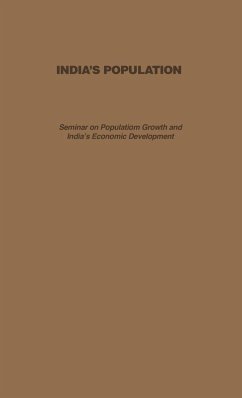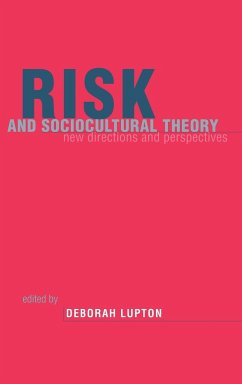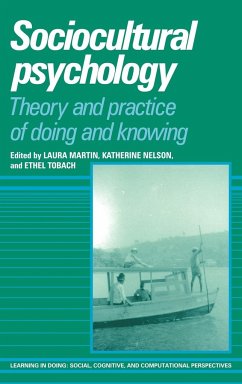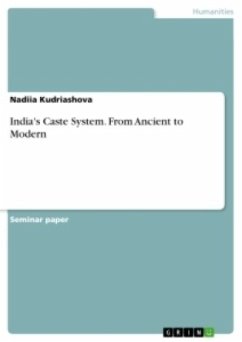
India's Caste System. From Ancient to Modern

PAYBACK Punkte
0 °P sammeln!
Seminar paper from the year 2017 in the subject Sociology - Individual, Groups, Society, grade: MA, Oregon State University, language: English, abstract: This paper analyses India's caste system from Ancient to modern. During the 20th and the beginning of the 21st centuries, many countries of the East developed along the path of modernization of social, political, and socio-economic life. In some states, this process was interrupted by social explosions, which led to a rollback to the past. Others appeared capable of finding a viable balance between traditional and modern values. In both cases...
Seminar paper from the year 2017 in the subject Sociology - Individual, Groups, Society, grade: MA, Oregon State University, language: English, abstract: This paper analyses India's caste system from Ancient to modern. During the 20th and the beginning of the 21st centuries, many countries of the East developed along the path of modernization of social, political, and socio-economic life. In some states, this process was interrupted by social explosions, which led to a rollback to the past. Others appeared capable of finding a viable balance between traditional and modern values. In both cases, specific political systems emerged, which are characterized by the coexistence of Western democratic principles and traditional social institutions. Thus, in India, on the one hand, the involvement of the caste in political life led to some transformation of this ancient social structure and retained its position in modern society; on the other, it created such a phenomenon as "democracy of the castes".Castes/jati are formed on the basis of a related self-organization; they have a different origin, but most of them go back to archaic tribes and tribal fragments; they are characterized by endogamy, hereditary profession, originality of culture. Ideological substantiations of the caste mode of communication are directly related to the fundamental concepts of Hinduism, dharma, karma, and sansara, which describe Indian ideas about the laws of the existence of the Universe and nature.Modern Indian society is distinguished by its phenomenal mosaic composition. Numerous and diverse linguistic, ethnic, confessional, caste groups not only coexist, but they are intertwined in the fabric of a social organism. Indians' identity is usually vague; its different variants come to the fore in different contexts; they overlap and complement each other. Entire communities do not have an unambiguous scientific nomination.




